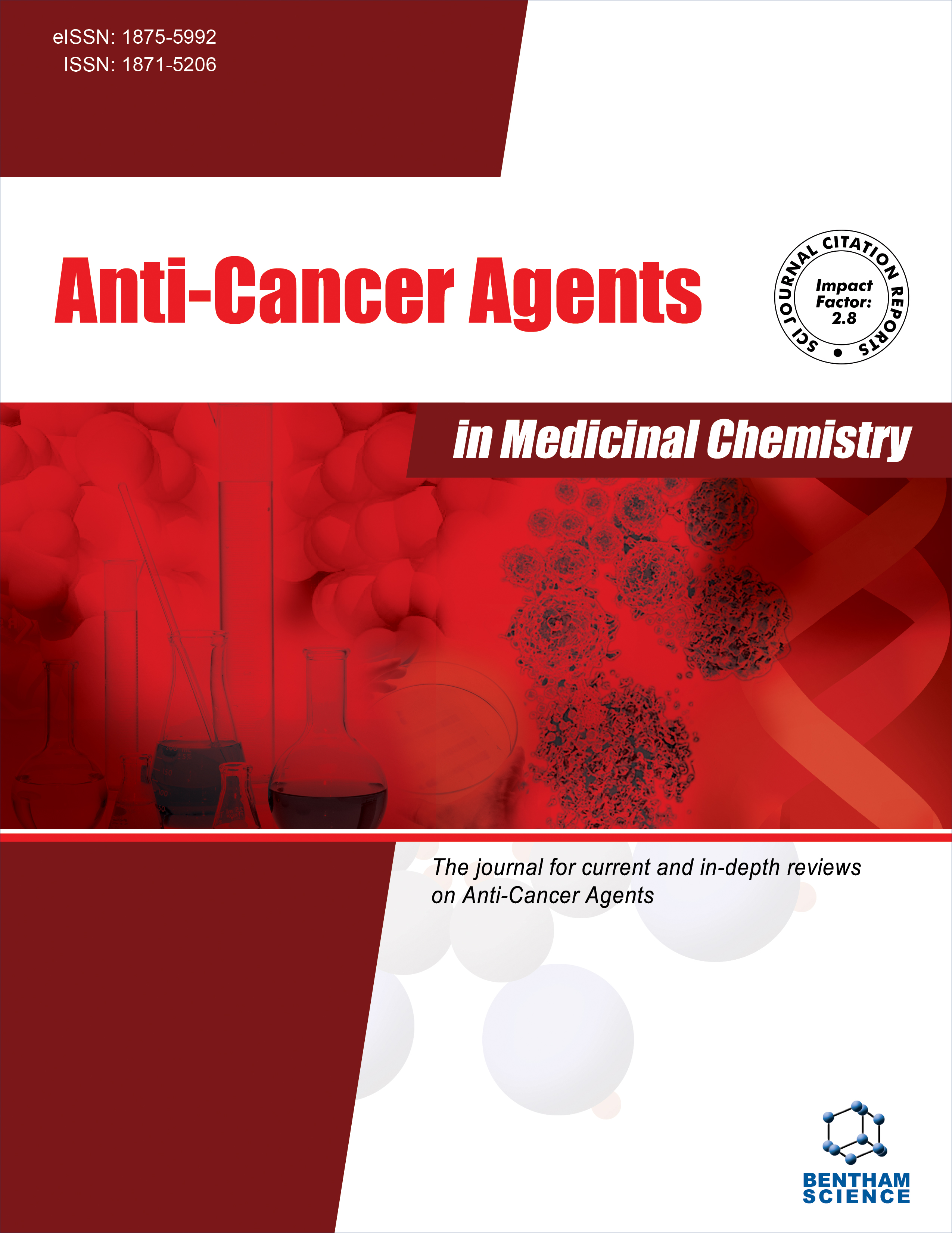
Full text loading...
Colorectal cancer (CRC) is a significant global health burden, ranking third in incidence and second in mortality worldwide. The incidence of CRC continues to rise, and drug resistance to conventional therapies such as 5-fluorouracil (5-FU) poses a challenge in treatment. Quercetin, a naturally occurring flavonol, has shown anti-carcinogenic properties and potential in sensitizing cancer cells to chemotherapy.
This review assesses recent animal and clinical studies on the impact of quercetin on CRC treatment and progression and evaluates its potential in combination with conventional therapies.
A comprehensive literature search was conducted to identify relevant studies investigating quercetin's effects on CRC. The search included both animal and clinical studies.
Quercetin has been shown to inhibit cancer progression through cell cycle arrest and apoptosis induction. It sensitizes cancer cells to chemotherapy while exhibiting protective effects on normal cells. In CRC, quercetin has demonstrated potential in reducing tumor growth and modulating signaling pathways involved in inflammation and immune responses.
Quercetin shows promise as a novel therapeutic agent for CRC, and its combination with conventional therapies may lead to more effective treatment options and improved patient outcomes. Further research is warranted to validate these findings in clinical settings.

Article metrics loading...

Full text loading...
References


Data & Media loading...

